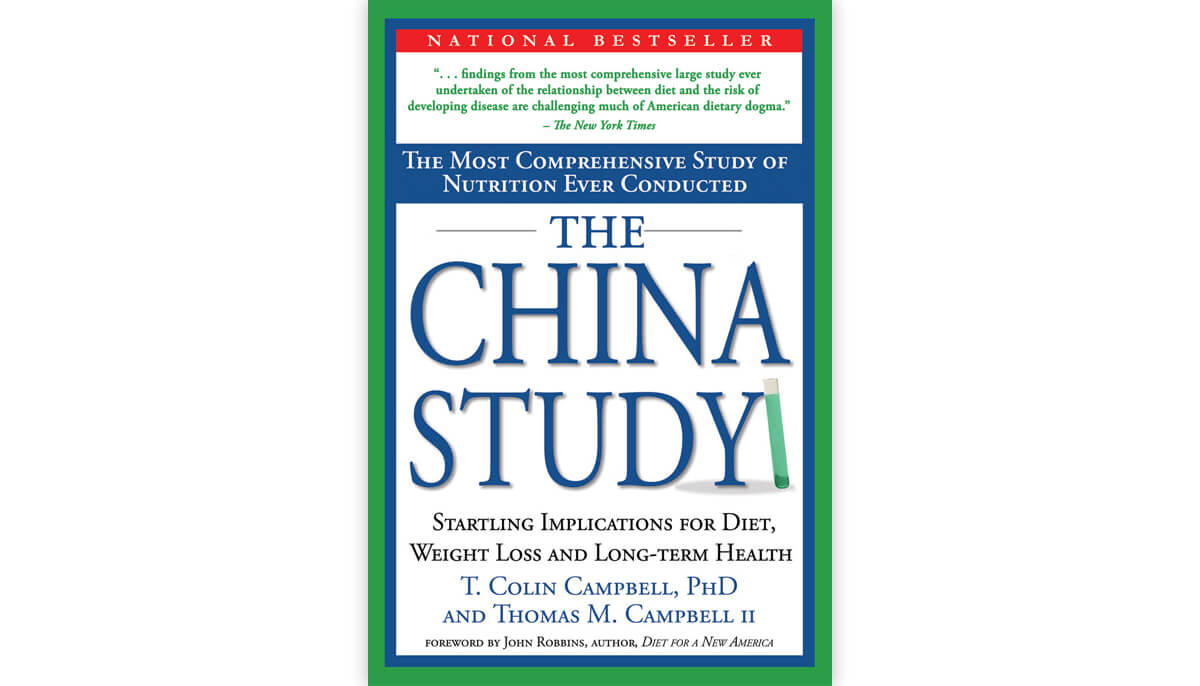Examining the validity of arguments in The China Study

By: Megan Holdaway, RDN
In 2013, the Silicon Valley Registered Dietitian Nutritionist’s Book Club gathered to discuss The China Study, by T. Colin Campbell. Originally published in 2005, the book continues to be discussed among consumers and health professionals.
Here are some of the main ideas in the book:
Our group strongly agreed with a few principles in the book: eating more whole and minimally processed foods and plant-based foods like fruits, vegetables and beans will improve the health of most Americans. We also agreed that nutrients can’t be looked at in isolation, that the overall pattern of food choices and diets over time are what matter.
Club members observed many holes in Campbell’s arguments. Here are just a few:
Perhaps one of the most significant flaws of the book is that the recommendations are so extreme. Diets that remove entire food groups have the potential for unintended consequences of underconsuming essential nutrients. Bringing food choices into better alignment with the Dietary Guidelines is a preferred approach—specifically eating more underconsumed foods such as vegetables, fruits, low-fat dairy products, whole grains, beans, lean meats and fish while also reducing the consumption of refined grains, fats and sugars. These changes will go a long way toward promoting health.
While we found this book interesting, our club members are sticking with a more balanced approach to nutrition and cannot recommend The China Study. We equipped each other with talking points to use when someone—friend, neighbor, relative, client or colleague—asks questions about The China Study. It is important for consumers to understand the basis for Campbell’s flawed conclusions and the potential negative consequences of following diets that omit whole food groups.
To learn more from registered dietitian nutritionists on timely nutrition topics, subscribe to the Let's Eat Healthy Ask a Nutritionist video series.

Megan Holdaway, RDN
Megan Holdaway, RDN
Megan Holdaway is a registered dietitian nutritionist and the Nutrition Science Program Manager at Dairy Council of California.
In today's society, it's vital to engage teenagers in experiential nutrition education to guide them toward making nutritious food choices.

At Dairy Council of California, we understand the importance of culturally diverse foodways and the role dairy plays in these cultures.

Subscribe to our blog to stay up to date on the latest news, products, and more.